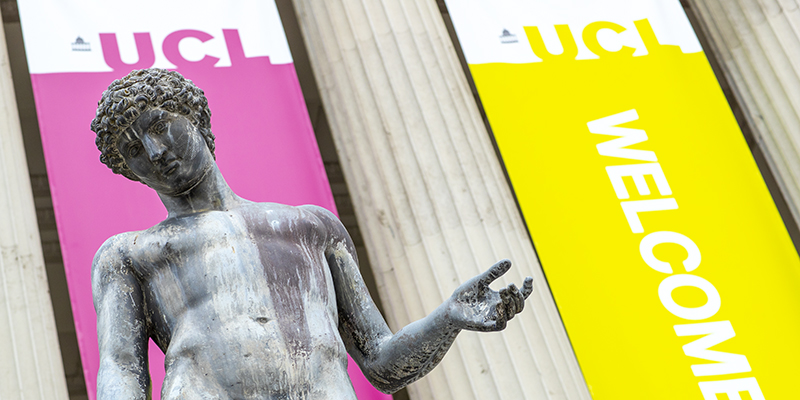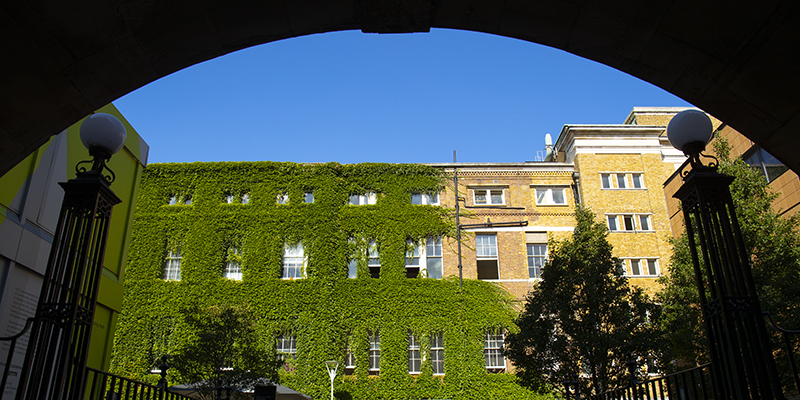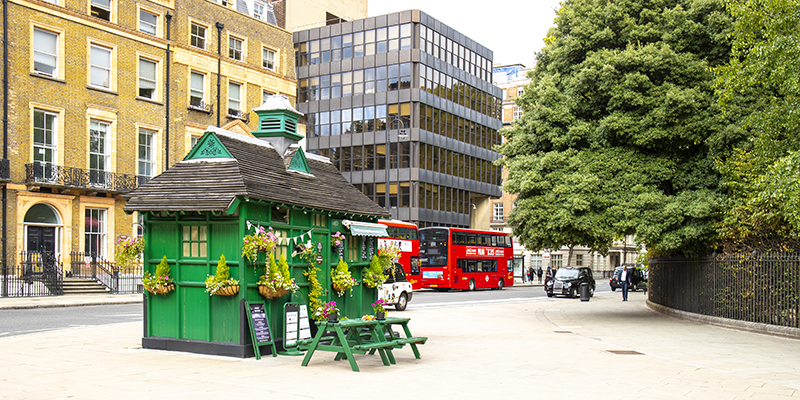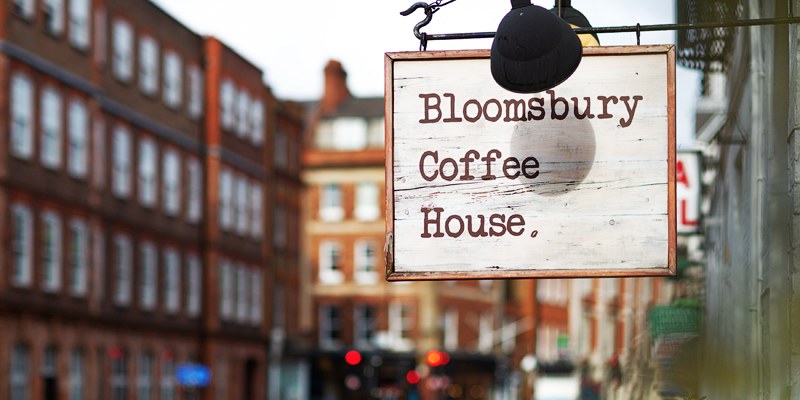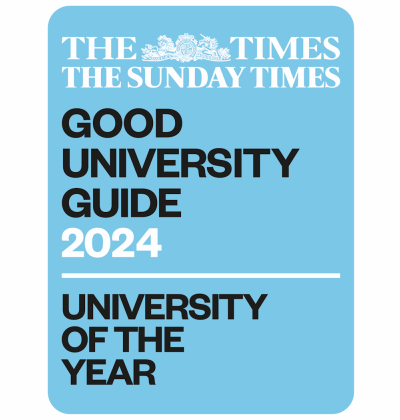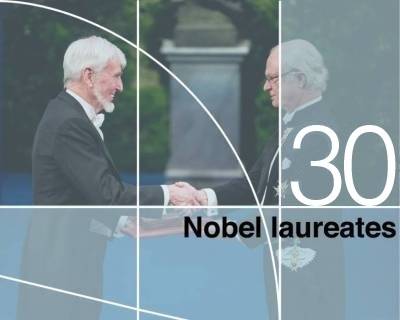About UCL
We are a diverse community with the freedom and courage to challenge, to question and to think differently.
Through a progressive approach to teaching and research, our world leading academics, curious students and outstanding staff continually pursue excellence, break boundaries and make an impact on real world problems.
WHY UCL: Thinking bigger and disrupting the status quo since 1826
UCL IMPACT: Annual economic impact comparable to London 2012 Olympics
How UCL works
Find out more about how UCL works - our institutional plans and strategies, faculties, and financial information.
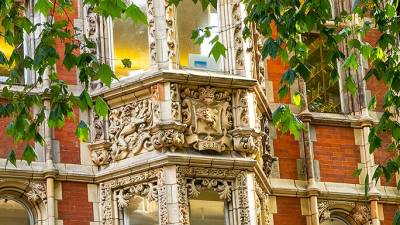
UCL Annual Review
UCL 2023 reports on progress towards our UCL 2034 strategy, providing key statistics, and highlights of the year.
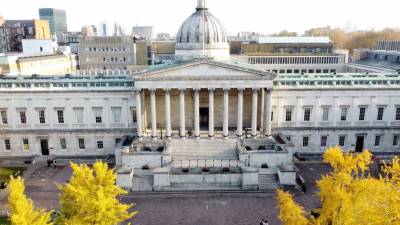
Strategic Plan 2022-25
Our new 5-year plan aims to build on the trajectory established by UCL 2034 and our ambition to be London’s global university.

 Close
Close


